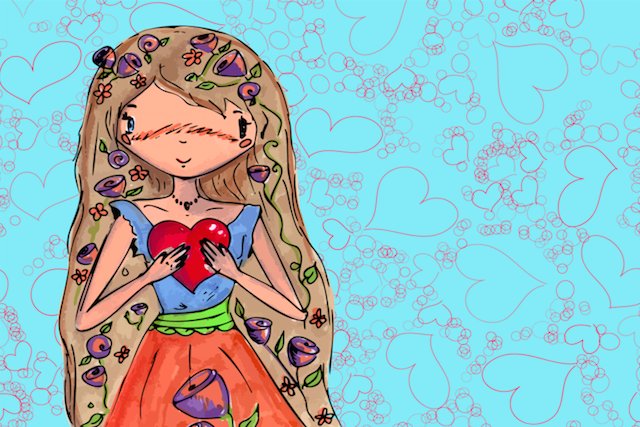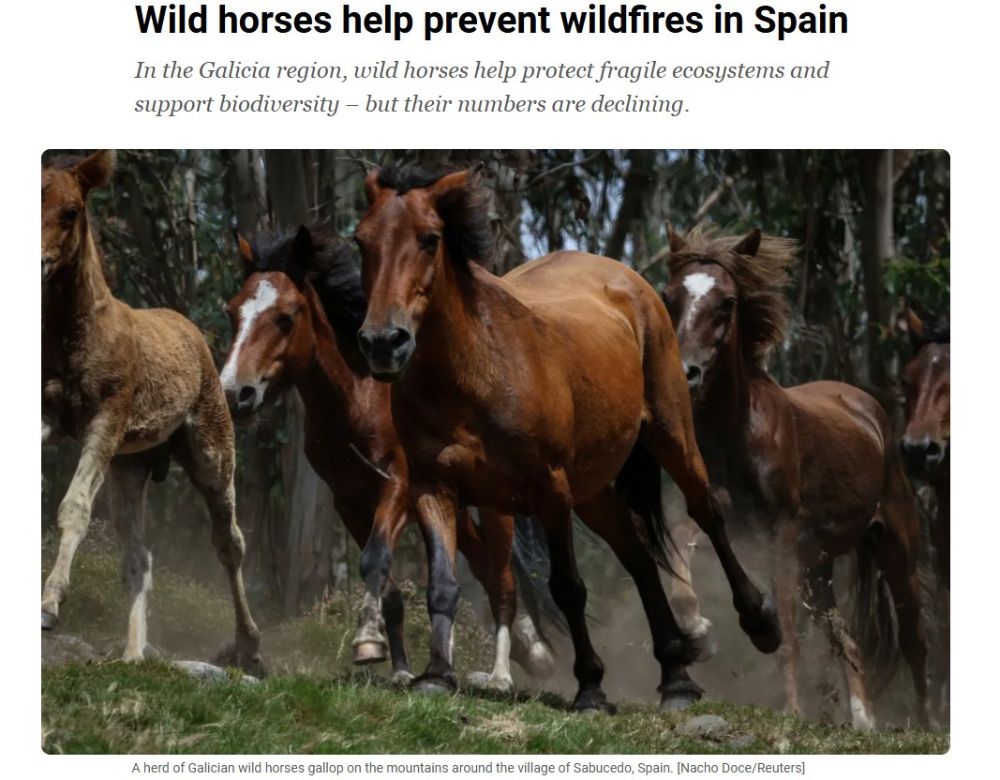
上文提及我被師父Fr. Chris 「質問」,我指責他判斷、批評、不信任我⋯⋯彷如女兒發父親脾氣一樣。事後,我不斷深入內觀、探索,對自己有很多的發現。(下文是節錄自《非暴力正念溝通—活出生命力量》一書,此書是我和Fr. Chris合著,計劃2021年3月出版。)
之後的幾天,我都在深思我的反應,間中也會批評自己「任性」,也不免擔心會傷害了師父。有一天,我鼓起勇氣問師父有沒有因我的反應給他帶來傷害,他說沒有,我便放心了,於是我專注去探索自己的內在。我回顧自己當時的反應一一思想、感受、身體感覺、行為,將它們一一寫下,當我再想起師父說:「我不是批評你,我只是想與你去探索那些我也未弄清楚的事,那個我問你的問題同樣是在問我自己,我想與你一起去探索。」我眼淚簌簌流下,「一起」、「共同」,很觸動我。打坐時,我問自己:「為何聽到『一起』、『共同』時會那麼觸動?」慢慢浮現小時候「沒有你份兒」的痛——爺爺只會帶弟弟去玩,我從沒有份兒,我已習慣到連想也不敢想。我多麼渴望被看見、被聽到、被重視,事情「我有份」呀!從來,我只能夠表現極為出眾時,才會得到關注和注視⋯⋯我看到了我的傷痛,也看到我的需要。
大約過了十天,我再次跟Fr. Chris談起此事,他分享說,當他連續三次問我「覺知在非暴力溝通中指的是甚麼?」,我答不上來時,我內裏便生起防衛,我接受不到「不知道」,面對「不知道」,我很不舒服。我不接納自己「不知道」,只接納自己「知道」,這是自我不接納。我判斷自己,批評自己,並將對自己的不接納投射到他身上,於是說他判斷我、批評我⋯⋯這就是說當我們在判斷、批評他人時,其實是我們在自我不接納。
反思過往的經驗,我發現我很多時會將我自己等同於我的表現、我的知識、我的成就。如果我認為自己做不到、做不好時,我便把自己評為沒價值,隨之感到羞恥,甚至憎恨自己。回想當時自己答不上師父的問題時,我羞愧得無地置容,心生防衛,防衛失陷時,便感覺自己無價值,憎恨自己無用,下意識地拋棄自己,預備割斷關係⋯⋯一切來得如此迅速、強悍,這一次我看得很清楚。師父說:「一切都是來自自我不接納!」我誠心討教:「如何能真正接納自己?」他回答說:「最重要是知道自己真正是誰!」
(待續)


